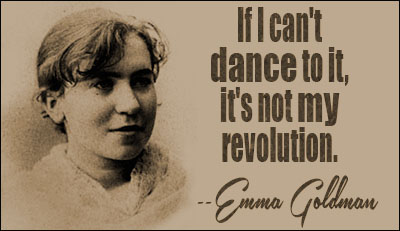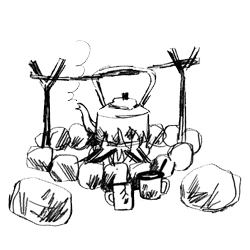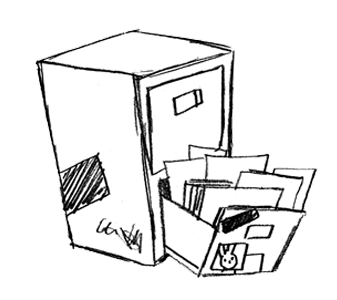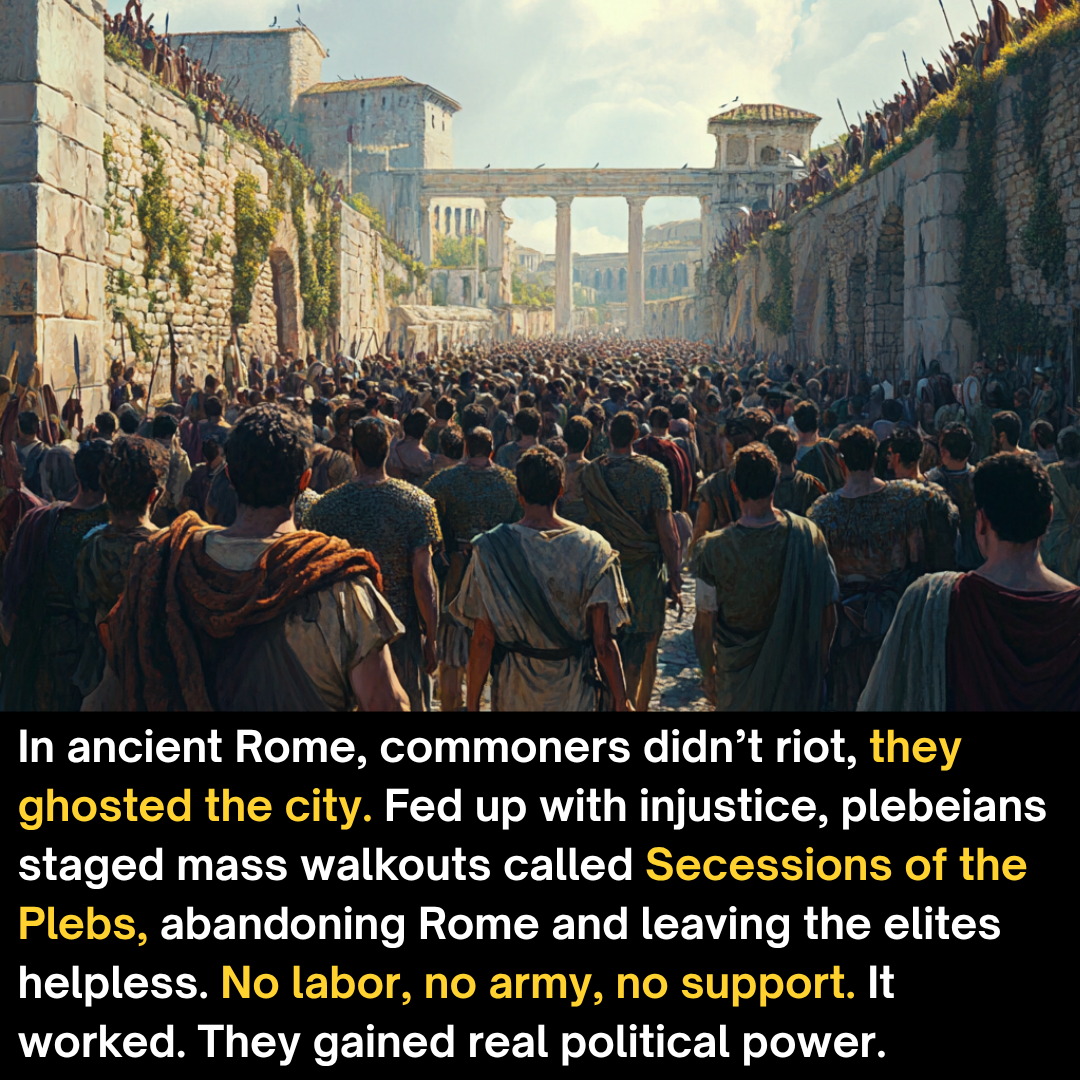
It’s becoming a problem. When people start asking, “Is @_elena the first genuine superstar of the Fediverse?” – we should all pause. This isn’t idle praise, it’s the reproduction of celebrity culture, liberal imperialism, and vertical hierarchy in a space that explicitly set out to reject those structures.
Have you ever thought – just for a moment – that this might be the completely WRONG path for a horizontal network like the #Fediverse? Yes, we need mess. Yes, we need experimentation. But this? This is #mainstreaming in its most seductive form, a soft power grab, hiding behind friendly faces and growing marketing gloss.
Both #pubconf2025 and #fediforum, and the people who attend them, are becoming a showroom for this liberal capture, promoting star-making and platforming over community process and open governance. It’s a mirror of the conference-industrial complex, repackaged for the #dotcons-weary.
We’ve seen this before: #NGOs turned movements into funding funnels. Influencers replaced organizers. Polite panels replaced fourm-level solidarity. It’s been happening here the last few years. But we do need to remember, the Fediverse isn’t a playground for fame, it’s a commons, to distribute power – not concentrate it. We don’t need to unthinkingly push people down the superstars’ path. We need peers, comrades, care, conflict resolution, and actual shared infrastructure.
So let’s be honest, if you’re pushing “the first superstar of the Fediverse,” you’re not pushing decentralization, you’re pushing brand culture, mainstreaming logic, and attention economies repackaged for liberal feels.
That’s not radical. That’s not native, it’s not what we came here to build. Let’s compost this celebrity logic before it roots too deep. Let’s stay messy, collaborative, and resist the temptation to crown anyone. Because if we don’t? We’re just rebuilding the same old pyramids – with slightly alt avatars.
Let’s look at the more #mainstreaming #dotcons path. The not-so-subtle message we need to remember on social media: Dictators hate to be ignored. Especially on their “special days” – birthdays, elections, court appearances, or orchestrated spectacles. These moments are designed to dominate the media cycle and, by extension, the social media algorithms.
They thrive on attention, and whether that attention is praise or outrage, it fuels their visibility and power. Here’s the social tech they exploit:
- When you doomscroll their face, the algorithm sees interest.
- When you post disgust, the algorithm sees engagement.
- When you argue with trolls, you’re boosting the signal of the original post.
- When you call them names, it still centres them.
That’s the #dotcons feedback loop, engagement is king, and dictators know how to play that game. Let’s break this circle, on these days, do something different:
- Share stories of local mutual aid.
- Link to historical context that exposes the long game of these power grabs.
- Boost voices that decentralize attention, not concentrate it.
- Post about books, direct action, food sovereignty, climate organizing, and tools for collective autonomy.
- Highlight grassroots projects like #OMN, which are building sustainable, decentralized alternatives.
This is how we take the air out of #mainstreaming fires. Starve the algorithm and feed the resistance. Focus on things that actually matter, remember: not engaging is a strategy. Ignore the circus. Build the commons.
















